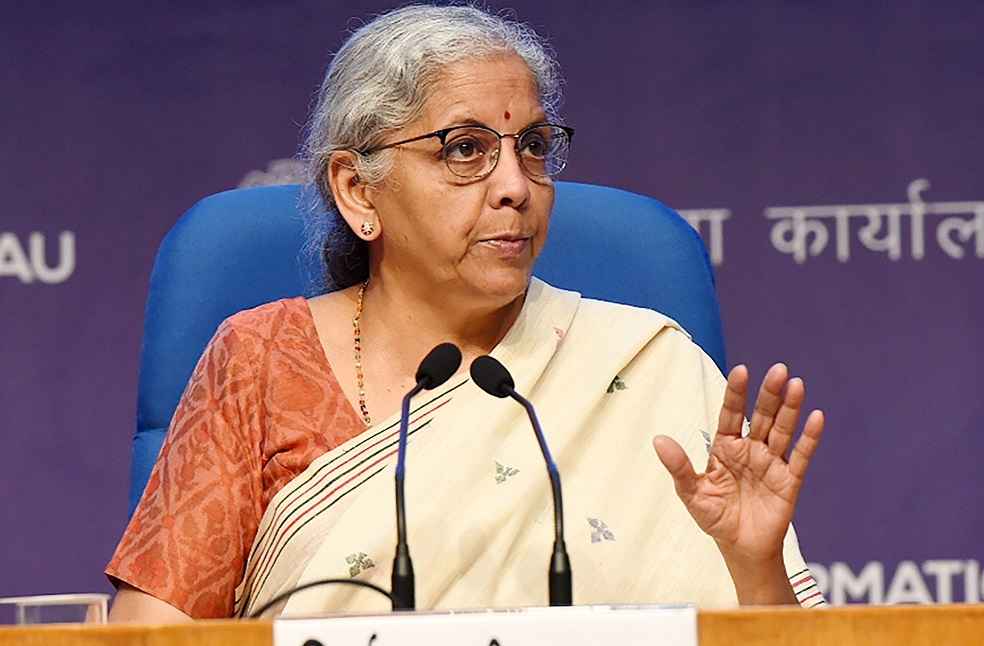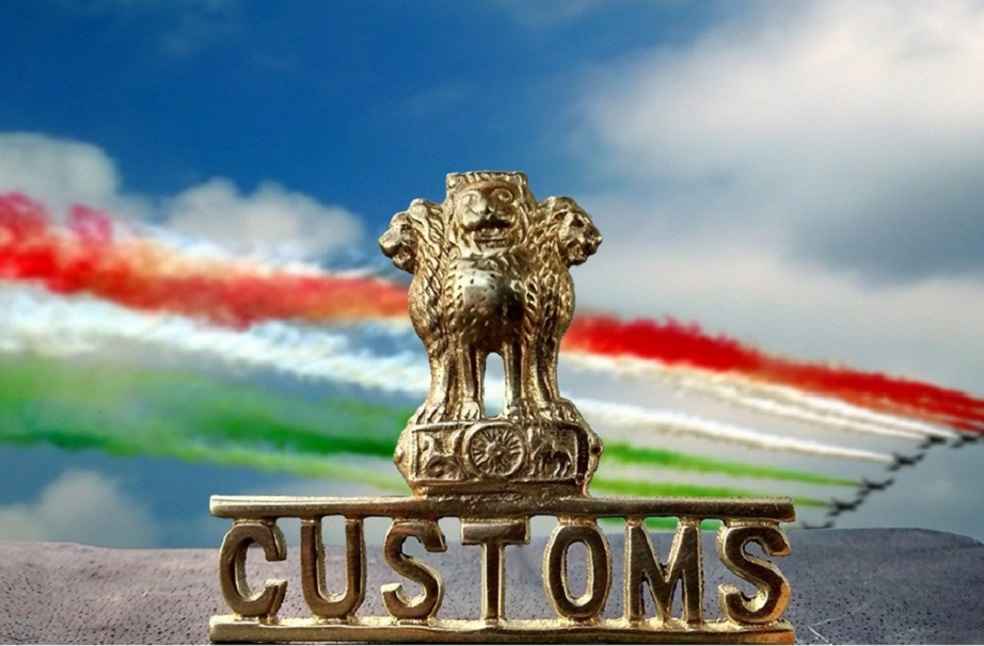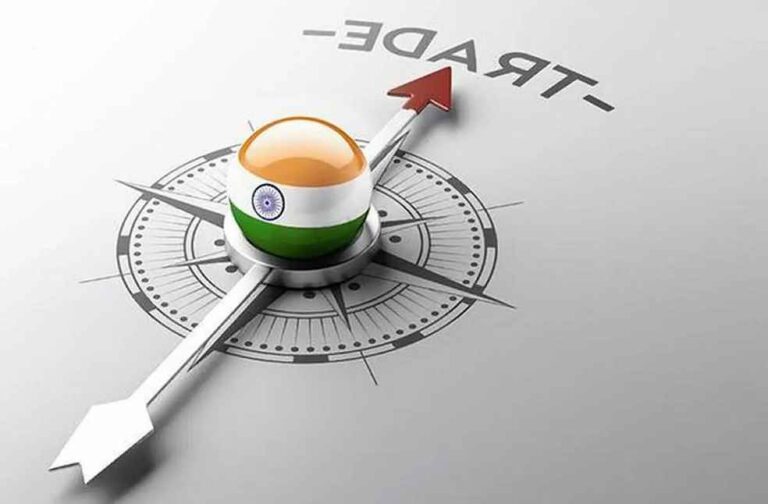Ambitiously moving to bolster its international trade relations, India is currently in negotiations to establish Mutual Recognition Agreements (MRAs) with ten countries, announced Sanjay Agarwal, chairman of the Central Board of Indirect Taxes and Customs (CBIC). This statement was made at the prestigious ‘International Customs Day 2024’ event in New Delhi.
An MRA is a strategic agreement designed to mutually benefit accredited exporters of the participating countries. It facilitates quicker clearance of goods by the customs authorities in the importing country, thus expediting international trade processes. India already has successful MRAs in place with four countries, including the United States, the United Arab Emirates, and Australia.
These agreements are part of the global initiative under the World Customs Organization’s SAFE Framework of Standards. This framework is instrumental in enhancing global trade by strengthening the security of the supply chain, thereby enabling smoother and more efficient trade facilitation worldwide.

The Union Minister for Finance and Corporate Affairs (India)
In a related development, India’s finance minister Nirmala Sitharaman emphasized the need for evolving the initiatives of the Customs department, like the Faceless Assessment and Single Window Clearance, to align with the country’s trade growth objectives. These improvements are crucial as India aims to exceed a GDP of $5 trillion by 2027-28. Sitharaman highlighted the importance of collaboration among all partners to achieve this goal.
Key to these efforts is the Customs’ Single Window Interface for Facilitating Trade (SWIFT) project, launched in 2016. SWIFT has significantly streamlined the process for importers, eliminating the need for separate declarations to various government agencies. Through SWIFT, importers and exporters can submit their clearance documents online at a single point, with the necessary permissions from other regulatory agencies being obtained online.
However, challenges remain as some government agencies have yet to integrate their systems with SWIFT. Revenue secretary Sanjay Malhotra urged these remaining agencies to automate and integrate with SWIFT swiftly, underscoring the benefits this would bring to traders.

Malhotra further called for a comprehensive automation of all customs processes, including payments, assessments, refunds, and trade interfaces, to enhance the efficiency and effectiveness of India’s customs system.
As India progresses with these negotiations and technological advancements, it is poised to become a more influential player in global trade, offering streamlined and secure trade processes to its international partners.
EDITOR’S CHOICE | Global Textile Chemicals Market on a Bull Run to USD 37.58bn



